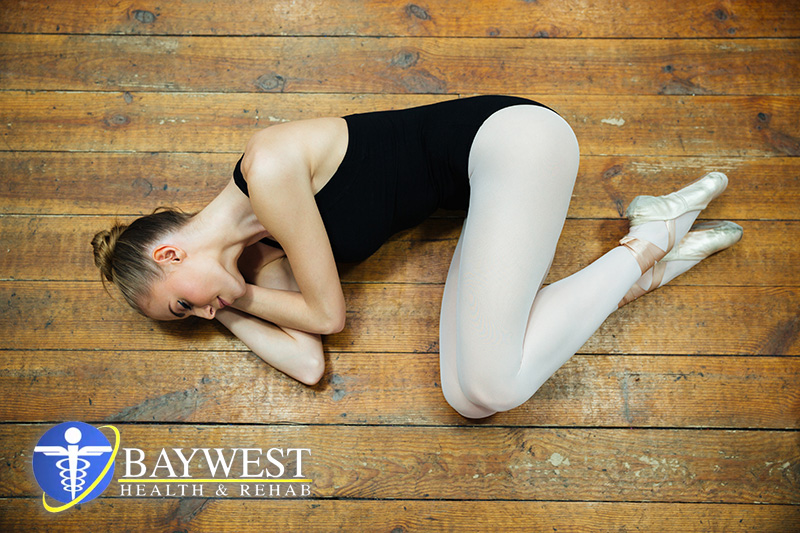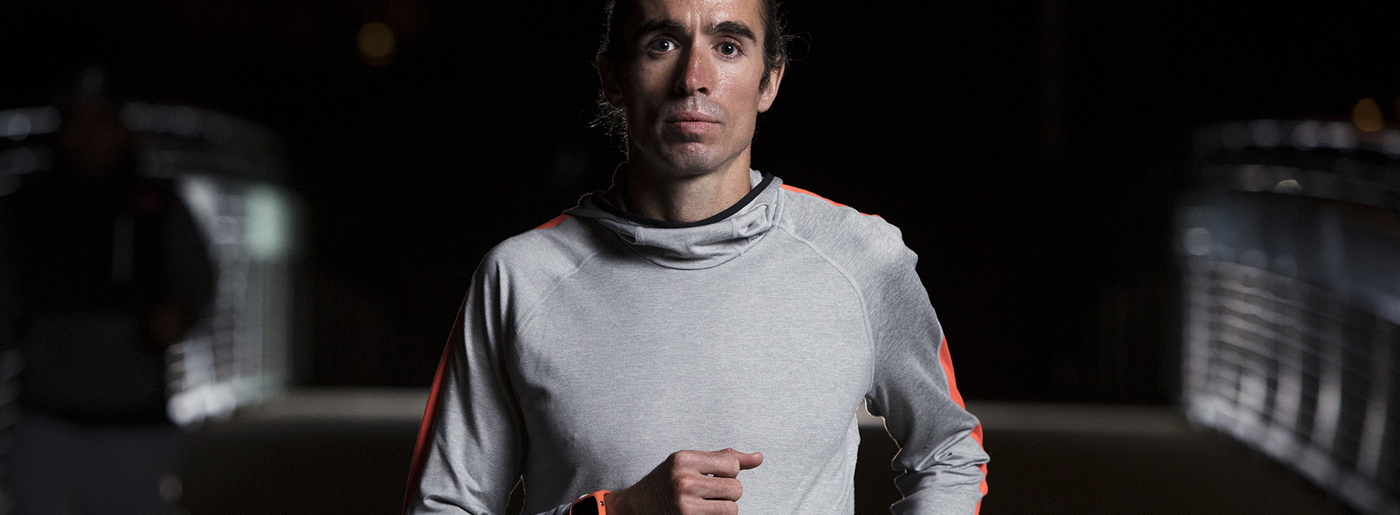


Shooting accuracy went up by 9 percent overall. Better, Faster and Stronger with SleepĪ 2011 study looked at the Stanford University men’s basketball team and found that when players increased their sleep, their actual statistics improved. In individual sports like MMA or boxing, slipping the wrong way to avoid a punch could be a game changer. Lack of sleep can hinder this ability, putting the whole team at a disadvantage. A football player has to be able to recall a play and execute without hesitation or confusion. This clouds judgment and can make even simple tasks seem difficult. When the body is truly exhausted it can seem like there is a fog surrounding the brain. Inability to keep up with a certain performance level will certainly shorten a career. Performance suffers when an athlete is injured or consistently sore. Sleep for athletes is not the only factor for proper post-workout recovery, but it is one that can not be ignored. It is unreasonable to expect the body to keep working without sufficient rest in between workouts. If muscles are not given adequate time to recover, you can bet they are not going to continue to maintain a high level of performance. Muscle tissue repair takes place overnight when all the body has to do is breathe and recover. When an athlete is sleep deprived, coordination is less than ideal, which easily translates to become more injury prone.Īchieving an adequate amount of sleep is linked to better performance and a greater capacity to heal. A second of hesitation from a baseball player could be the difference in hitting a ball or getting hit with a ball. This is also true for cognitive and motor functions. As previously mentioned, reaction time is compromised when an athlete is sleep deprived. There are several reasons this could be true.

Injury Rates Reduced with SleepĪ 2014 study found that young athletes getting less than six hours a sleep a night were 1.7 times more likely to sustain a sports-related injury. Impaired cognitive and motor performance takes away that small window of time athletes have to make the proper decision to react. You wouldn’t have four drinks and try to train or compete, so why would you perform sleep deprived? Many sports only provide athletes a fraction of a second to react to whatever is happening on the field, court, mat or where they play. Staying awake for 22 hours straight can reduce reaction times and coordination by the same margin as more than four alcoholic drinks for the average person. This sleep expert has the job of making adjustments to ensure ideal conditions because sleep is seriously that important. Rosekind has been advising athletes and coaches at U.S. Mark Rosekind, Ph.D., a former NASA scientist, board member for the National Sleep Foundation, and President of Alertness Solutions, evaluated athlete’s sleep environments prior to the Winter Olympics in Torino. Having a sleep expert around can also make a difference. It is common to think that an athlete would have a nutritionist, trainer or even a personal chef.
#Athletes sleep expert install
Olympic Training Center has gone so far as to install blackout curtains and instruct athletes on pre-sleep rituals to ensure ideal resting conditions. Rest and recovery are crucial parts of optimizing athletic performance. Sleep for athletes is the factor most often overlooked.

Conditioning, mental preparation, hydration, and nutrition are all big parts of a well-rounded training program. There are a number of areas that athletes have to focus their attention in order to achieve optimal performance.


 0 kommentar(er)
0 kommentar(er)
